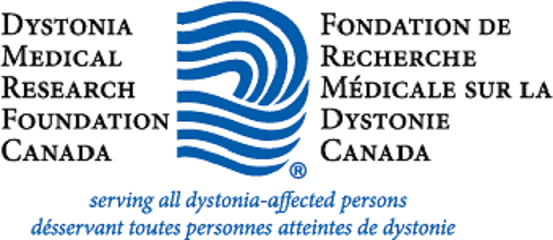Last year, DMRF Canada proudly announced our DMRF Canada Clinical and Research Fellow to the dystonia community. Mario Sousa, of Toronto Western Hospital was selected to be the DMRF Clinical and Research Fellowship winner in July 2019.
Now, in his second year, DMRF Canada had the chance to catch up with Dr. Sousa, to learn more about these learnings, his focus on research, and his experience of treating dystonia patients during the time of COVID-19.
DMRF Canada: Tell us, Dr. Sousa, how has COVID-19 impacted your year – and your ability to treat dystonia patients in the clinic at Toronto Western Hospital?
Dr. Sousa: To maintain social distancing, we had to change our scheduling to allow more time for each patient, and not to concentrate people in the waiting room. We also had to move patients to video and teleconferencing whenever possible. I believe that using these virtual formats we were able to maintain a good support to our patients.
DMRF Canada: How has that change in format been? Have you learned anything helpful because of the required social distancing measures?
Dr. Sousa: I think we did a good job of continuing to help patients at a very difficult time. It was a good experience to understand how helpful these virtual modalities can be. Telehealth and online patient meetings were not something we had used as much in the past, but maybe now we will be able to use it more regularly for follow up visits. We now have much more experience in conducting remote meetings and the feedback we have been receiving from our patients is very good. However, in some cases there is no alternative to see the patient in person – especially for botulinum toxin injections for example. But for patients with mobility issues, we may look at offering virtual follow up visits at some point. It will be up to the patient, of course - and would not be the same for everyone. I think what we are learning is that we can be more flexible with patient care than we had thought.
DMRF Canada: Tell us about your research, Dr. Sousa. What are you currently focused on?
I remain dedicated to the psycho-social aspect – specifically anxiety – and its impact on dystonia. Our research, originally scheduled for earlier this year, was placed on pause due to COVID-19, and we have had to make some changes in the way that we are collecting data.
At Toronto Western Hospital, we have been studying anxiety in cervical dystonia patients. We know that botulinum toxin injections significantly improve motor symptoms of dystonia, but the literature suggests that other non-motor issues, like anxiety, might also be a source of disability and lack of quality of life. Our research aims to compare patients who use botulinum toxin injections vs. those who do not. We’re actually recruiting patients with Cervical dystonia who are from the Greater Toronto Area that never received treatments with botulinum toxin injections or have not received treatment for > 1 year If patients are interested in learning more, they can reach out to our clinic at: mario.sousa2@uhnresearch.ca.
DRMF Canada: Thank you for the update Dr. Sousa! We look forward to hearing the results of your research in 2021.
Stay tuned for updates on these research projects
